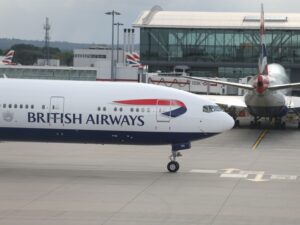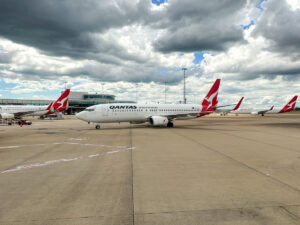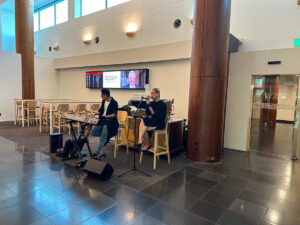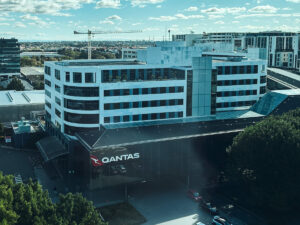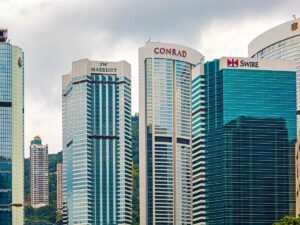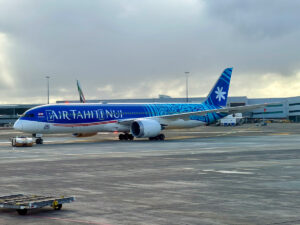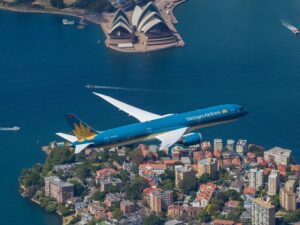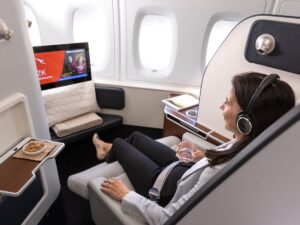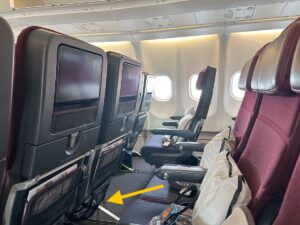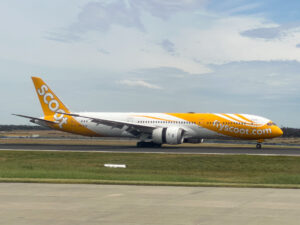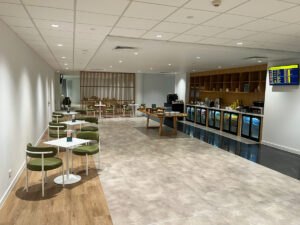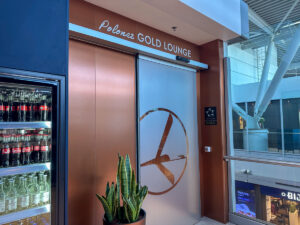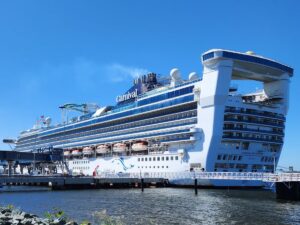If you’ve ever had to change or cancel a flight booking, you’ll probably be aware of just how costly it can be. For domestic bookings, Virgin Australia charges $80 plus any fare difference for booking changes or cancellations made on Saver tickets. Qantas charges an even higher fee of $88. In some cases the cost of changing a flight can be almost as high, if not higher than the original ticket cost. So, why are ticket changes so expensive?
Perhaps surprisingly, the answer to this question has almost nothing to do with the physical administration costs involved in changing or re-issuing the ticket. The cost of actually making the change, which can usually be done online, is relatively insignificant.
With ticket changes, the real cost to the airline is the risk that they will not be able to re-sell the seat you’ve given up when making the change. If you change your flight, especially at the last minute, the airline may not be able to find someone to fill that seat. Airline seats are “perishable” goods, and any seats that remain empty when the plane takes off are a lost opportunity. The airline won’t be able to recover their costs for it.
Revenue for a seat on a plane is either there, or the seat is gone forever (barring the invention of time travel).
One member explains that flexibility is something that costs airlines money. Airlines can afford to offer flexibility to customers that pay more for a flexible fare. But allowing unlimited free changes on cheap tickets would lead to problems in areas such as flight load planning.
In this case I don’t think it’s an IT cost, but more to do with their forward load planning. The idea is they get a certain number of cheap seats “locked in” to a flight. These are the people who have paid for inexpensive, but non-flexible tickets. Only a small % of these get changed, due to the high change costs, so the airline can be pretty confident that 90+% of these seats will be utilised as per the forward bookings.
Then they have a proportion of what you might call “floating” seats – these may or may no end up unoccupied on a given flight, but it costs the airline more to keep these available – so people pay more for a flexible seat.
The high change fees on discounted tickets provide flyers with an added incentive to purchase the more expensive flexible tickets. These tickets cost more than a regular discounted ticket, but come with no change fees.
If the change fee was less there’d be no incentive to pay for a flexible fare.
Interestingly, frequent flyer redemption tickets have relatively low change fees. For example, a booking made with Qantas points can be changed or cancelled for just 5,000 points.
Join the discussion HERE.
